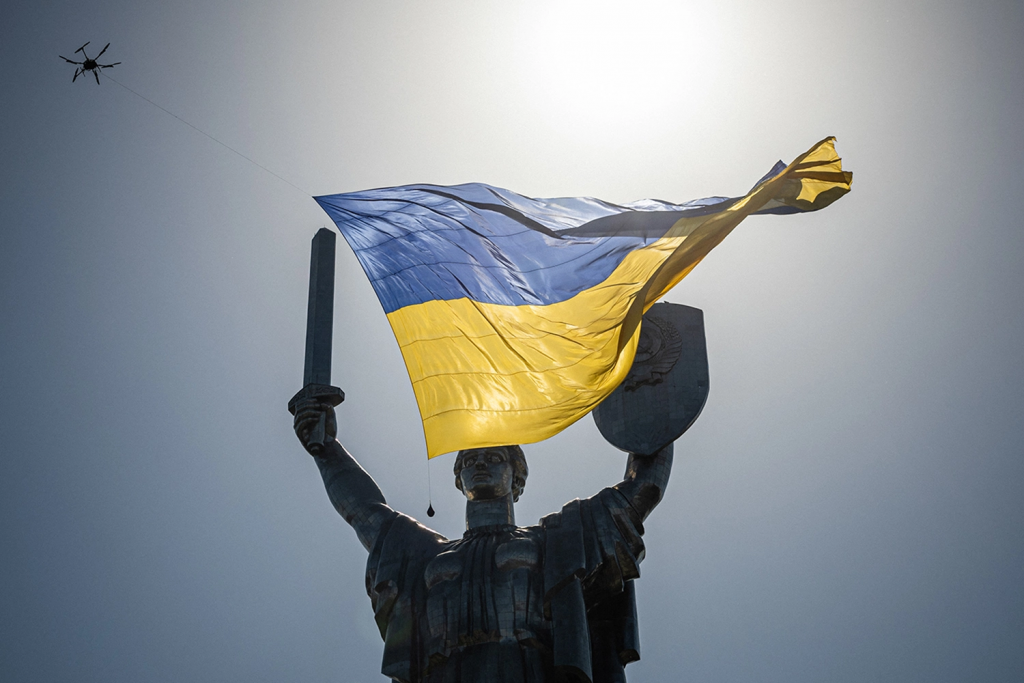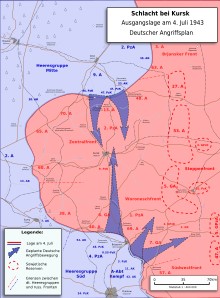
A year and a half after it got under way, the war in Ukraine shows no sign of coming to an end. Not coming to an end, it is interesting to explore what might happen in case Zelensky’s famous counteroffensive finally starts doing more than reoccupying half a godforsaken village here, half a godforsaken village there, but gains some real strategic traction instead. As, for example, by developing the following scenario.
In the flat, mostly open terrain that is Ukraine airpower ought to be the key to everything. Worried about Ukraine’s ground-based air defenses, Putin’s air force continues to make its existence felt mainly by its absence from the battlefield; a development which, ere hostilities broke out, few people predicted or would have predicted.
Next, so the scenario, Ukrainian forces put the Kerch Strait rail and road bridges out of action. Not just for hours or days as they have done at least twice in the past, but in such a way as to require extensive repairs lasting weeks or months. Armed, trained and supplied by the West, Zelensky’s troops break through key Russian fortifications somewhere along the front. They retake some occupied territory and cut their enemies’ land bridge that reaches from the Donbas along the Azov Sea coast all the way down to the greatest prize of all: the Crimea with its great port, Sebatopol.
With their logistics in a mess, and perhaps left without clear instructions from Moscow, major parts of Russia’s fighting force disintegrate. Others either retreat or surrender. Relying on combinations of modern technologies, including not just land-to sea missiles but perhaps unmanned surface vehicles too, Ukraine could blockade and barrage Crimea, trapping Russia’s Black Sea Fleet like bugs in a bottle. If Ukrainian forces appear to be preparing for a frontal assault on Crimea, risks of Russian use of tactical nuclear weapons might rise—with consequences that would require more than one separate article to think out.
Short of Putin resorting to the use of nuclear weapons a comparison of the forces on both sides, along with the outcome of recent combats, suggests that Ukrainian forces could prevail. Conversely, any major Russian attempt to take back even modest amounts of previously occupied territories would likely fail. Were Russia’s air force and antiaircraft defenses to suffer substantial losses, this could weaken the defense of Moscow or other Russian strategic assets.
Ukrainian forces appear not to be using Western arms to attack targets in Russia. However, with their home-manufactured weapons they are increasing indirect and direct fire strikes against headquarters and logistical facilities, transportation hubs, and troop formations deep inside Russia. Even early in the war, a Ukrainian Neptune missile was able to sink the Moskva, Russia’s Black Sea flagship. By now even Moscow, almost a thousand kilometers in the rear, has been repeatedly hit by Ukrainian drones. Not that they caused any great damage; as is also the case with their Russian counterparts, the warheads they carry are too small to kill more than a few people (mostly civilians) here, bring about the collapse of a building there. However, their psychological impact is said to have been considerable.
Such, seen from the point of view of Kiev and its Western backers, is the optimistic scenario. Note, though, the elephant in the room: namely, the fact that it leaves the Donbas, its natural resources and its industry, in Russian hands. Heavily fortified–fortification is an art in which, as Germans of all people should know, the Russians are past masters—and containing quite some mixed-population cities, it is a tough nut to crack. Disorderly, to be sure, but packed not only with regular Russian forces but with every kind of militia under the sun. Just look at the weeks-long struggle for Bachmut. And behind those cities Russia’s endless spaces, soon to be enveloped in the arms of General Winter, will be waiting.
Such developments will no doubt reduce Putin to dire straits. They will not, however necessarily bring about the end of the war. That could be achieved only in case he and his clique finally give in and ask for negotiations—something which, as long as he remains in control, is unlikely to happen.
So everything depends on Putin being removed by his own people, likely either the military, the various security services, or some combination of both. Speculation about such a coup has been rife right from the first days of the “special military operation.” With the exception of the rather strange and ill-understood Wagner “Uprising,” though, there are few signs to show either that Putin’s will is weakening or that he is losing control.
My conclusion? Even if Ukrainian forces book additional military successes like those outlined above, the real decisions will be political and have to be made in Moscow and specifically behind the walls of the Kremlin. Until they are, the war will go on.

